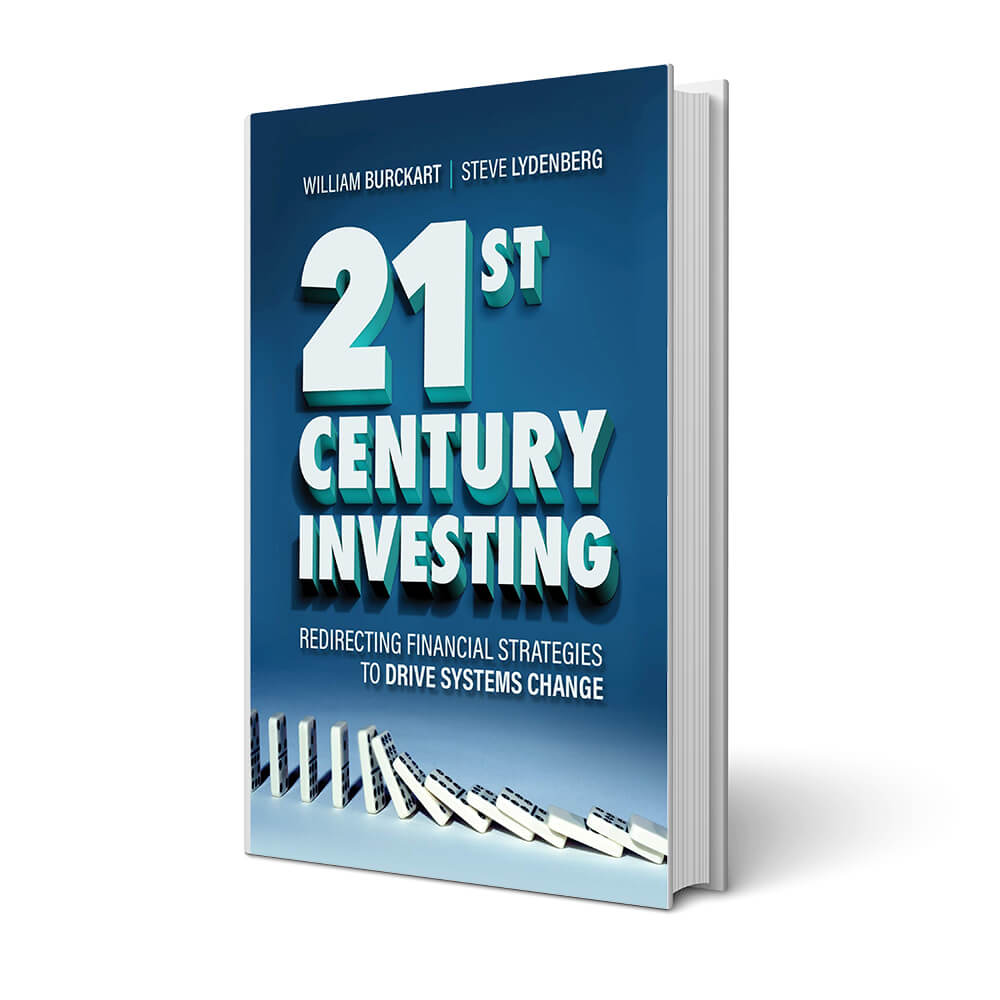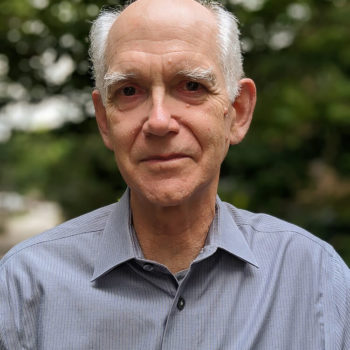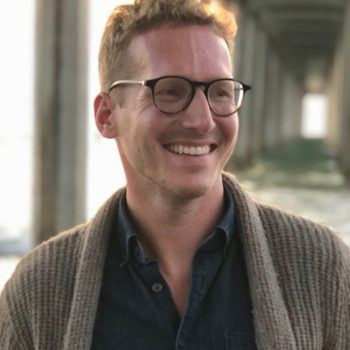Burckart and Lydenberg set out to progress investor thinking about how they can manage their impact on the social and environmental systems in which they operate. It is an important and timely contribution to the investment canon.
21ST CENTURY INVESTING
Redirecting Financial Strategies to Drive Systems Change
Two experienced and visionary authors show how institutions and individuals can go beyond conventional and sustainable investing to address complex problems such as income inequality and climate change on a deep, systemic level.
It’s time for a new way to think about investing, one that can contend with the complex challenges we face in the 21st century.
Investment today has evolved from the basic, conventional approach of the 1950s. Investors have since recognized the importance of sustainable investment and have begun considering environmental and social factors. Yet the complexity of the times forces us to recognize and transition to a third stage of investment practice: system-level investing.
In this paradigm-shifting book, William Burckart and Steve Lydenberg show how system-level investors support and enhance the health and stability of the social, financial, and environmental systems on which they depend for long-term returns. They preserve and strengthen these fundamental systems while still generating competitive or otherwise acceptable performance.
This book is for those investors who believe in that transition. They may be institutions, large or small, concerned about the long-term stability of the environment and society. They may be individual investors who want their children and grandchildren to inherit a just and sustainable world. Whoever they may be, Burckart and Lydenberg show them the what, why, and how of system-level investment in this book: what it means to manage system-level risks and rewards, why it is imperative to do so now, and how to integrate this new way of thinking into their current practice.
Reviews for 21st Century Investing
Burckart and Lydenberg are the Wayne Gretzkys of investing: Showing us not where investing is, but where it’s going: To systems level investing. Even more importantly, they show us how to get there.
21st Century Investing has to be top of mind for any long-term capital allocator. Burckart and Lydenberg’s work is essential reading for any investor that is serious about enabling the transition to a more sustainable global economy.
All investing at the portfolio level is rapidly becoming sustainable investing. This lovely little book cogently argues that all investing must now become system-level investing. This is synonymous with socially responsible investing—moving it from its niche origins to the mainstream, thereby ensuring the sustainability of investing itself.
21st Century Investing in the News...
About the Authors
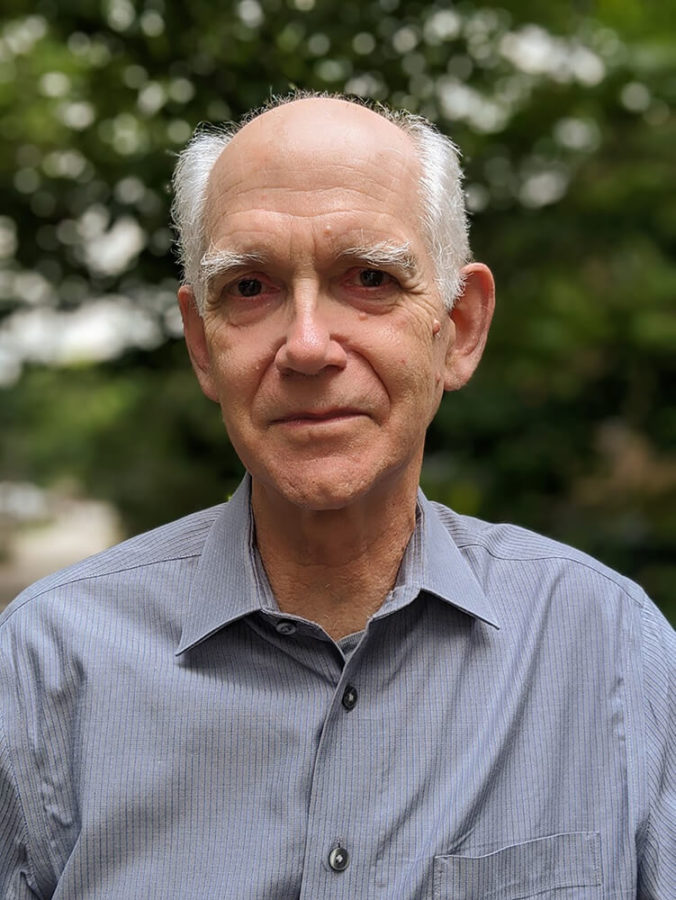
Steve Lydenberg
Founder and CEO
Steve Lydenberg, TIIP’s Founder and CEO, also serves as Partner, Strategic Vision of Domini Impact Investments where he provides strategic vision and direction to guide the firm’s policies, procedures, and daily practices.
Mr. Lydenberg previously served as the firm’s Chief Investment Officer and was a co-founder of the Domini 400 Social Index, the first index to utilize social and environmental standards. In addition, Mr. Lydenberg has been active in researching the social and environmental performance of corporations since 1975. Mr. Lydenberg was a co-founder of KLD Research & Analytics, Inc. and served as its research director from 1990 to 2001. From 1987 to 1989, he was an associate with Franklin Research and Development Corporation (now known as Trillium Asset Management). For 12 years he worked with the Council on Economic Priorities, ultimately as director of corporate accountability research. Mr. Lydenberg is the Founding Director of the Initiative for Responsible Investment (IRI) at the Kennedy School of Government at Harvard University, which was established to provide institutional support for catalytic activity for responsible investment, broadly construed, with a strong focus on creating a foundation of research activity around the field. He has published widely on responsible investment and corporate social responsibility and is a CFA charter holder.
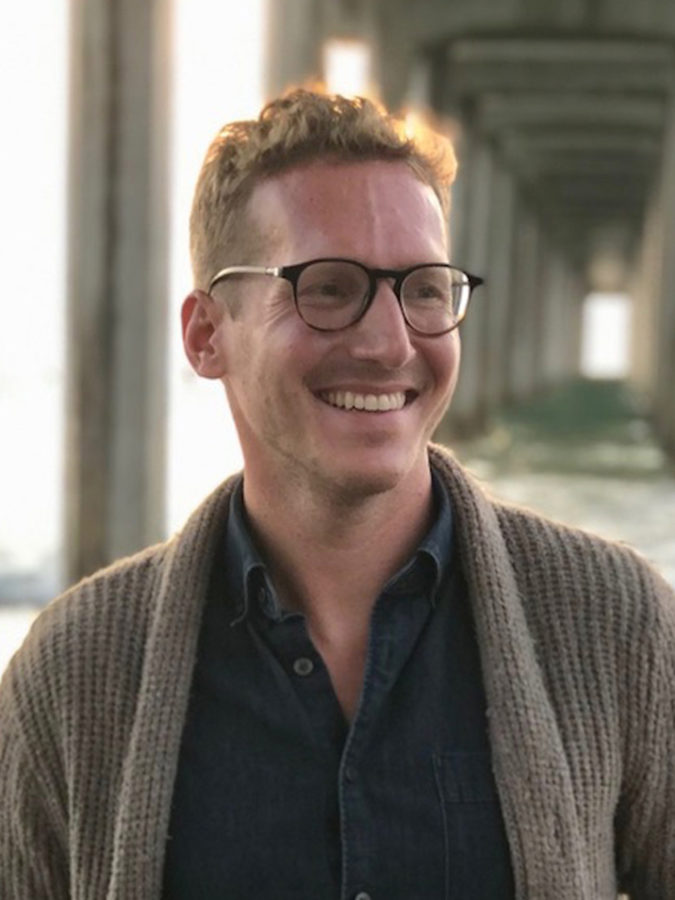
William “Bill” Burckart
President and COO
William Burckart, TIIP’s President and COO, has been at the forefront of ESG and impact investing, having worked as an advisor to investment management firms, private foundations, non-profits, government and major financial services industry bodies, helping to integrate impact and investment goals through the development and implementation of ESG and impact investment strategies across a range of regions and sectors.
He has contributed to the field through groundbreaking research, including leading a multiyear field building effort focused on the financial services industry in collaboration with the Money Management Institute; managing the production of (and is a contributing author to) the New Frontiers of Philanthropy: A Guide to the New Tools and Actors that Are Reshaping Global Philanthropy and Social Investing (Oxford University Press: 2014), and was involved in the writing of the Status of the Social impact investing Market: A Primer (UK Cabinet Office: 2013) that was distributed to policymakers at the inaugural G8-level forum on impact investing.
Mr. Burckart is a visiting scholar of the Federal Reserve Bank of San Francisco and is a founder or co-founder of two impact investment advisory firms (Burckart Consulting and Impact Economy LLC).
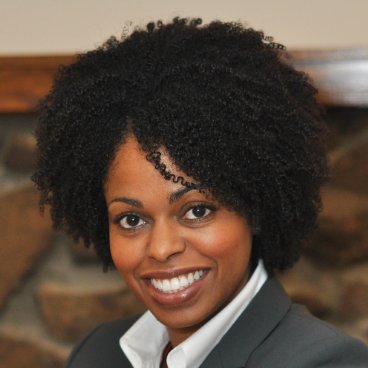
Monique Aiken
Managing Director
Monique Aiken, TIIP’s Managing Director, also serves as a Contributing Editor at ImpactAlpha, a digital news magazine for the impact investing sector. Monique is passionate about social change and positive impact after spending 15 years in investment banking, where she developed her understanding of the capital markets. She previously served as VP of Programs at Mission Investors Exchange, a network organization for +250 members seeking to deepen their practice of impact investing through peer-learning.
Prior to joining Mission Investors Exchange, Monique was a Director at Tideline, a boutique impact investing strategy consulting firm, where her energies were centered on client and project management and business development. She served as Project Manager at the Clinton Foundation for No Ceilings: The Full Participation Project, a women’s empowerment initiative led by Secretary Clinton, and business development manager for the Clinton Global Initiative.
Earlier, as a VP in Deutsche Bank’s Commodity Derivatives Sales group, she managed client relationships with Oil and Gas (E&P), Utility, and Consumer Products companies in the United States and Latin America. Earlier in her career, she worked for Citigroup in the Debt Capital Markets group in both New York and London, and as an analyst at Bank of America in the Credit Products group. Monique holds an MBA from NYU Stern School of Business, where she majored in Financial Instruments and Markets and a B.Sc. in Foreign Service from Georgetown University.
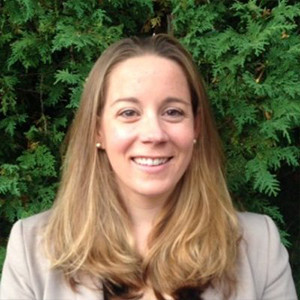
Jessica Ziegler
Director of Research
Ms. Ziegler is Director for Research at TIIP and oversees all the organization’s research projects. She has extensive experience in research design, data collection and rigorous qualitative data analysis. She comes to TIIP from Mathematica Policy Research—an industry-leading policy research firm—where she spent eight years conducting social policy evaluations. Ms. Ziegler has authored numerous reports on the implementation, costs and effectiveness of federally-funded employment, family support and education programs; her reports are used by programs and policymakers to guide reforms and improvements. She holds a Master of Public Policy from Johns Hopkins University and a Bachelor of Arts in Policy Studies from Dickinson College.

JR Bascom
Associate
JR Bascom, TIIP’s Special Assistant, works with leadership, senior advisors and external partners on research, data analysis, business development and all special projects. Prior to joining TIIP, he worked as an analyst for a Waste-To-Value company as well as an executive aide to Carter Bales for a year, supporting both companies with environmental and sustainability research as well as special projects. He received his B.A. from Wesleyan University in both Economics and Psychology and spent a 5th year at Wesleyan University writing a Master’s thesis in Environmental Economics under the guidance of Professor Gary Yohe. JR is proudly from a family of farmers, builders and problem-solvers.

